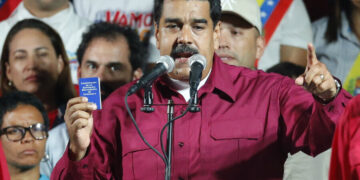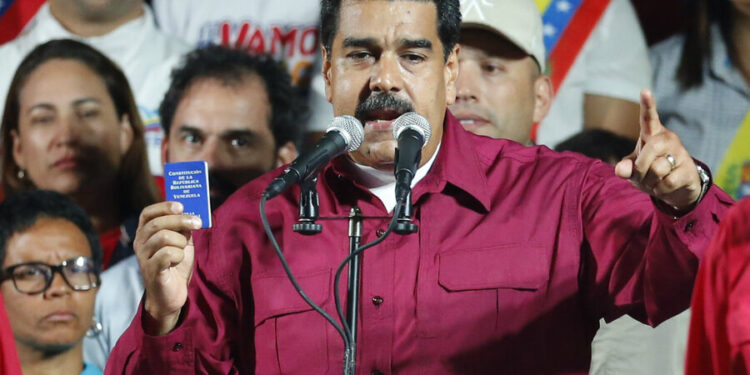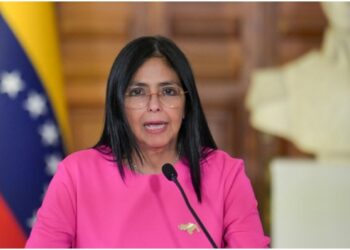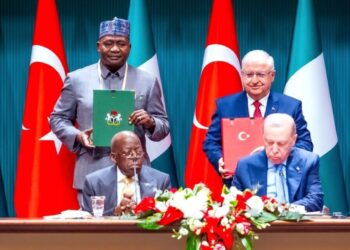By Ebi Kesiena
Venezuela’s ruling party, the United Socialist Party of Venezuela (PSUV), has declared an “overwhelming victory” in the country’s regional and legislative elections, claiming governorship wins in 23 out of 24 states and securing over 82% of the legislative vote, according to the government-controlled electoral council (CNE).
On Sunday, the elections was widely boycotted by Venezuela’s main opposition parties, who dismissed the process as a “farce.” Opposition leader María Corina Machado said turnout was below 15%, accusing President Nicolás Maduro’s regime of manipulating the vote. “More than 85% of Venezuelans did not obey this regime and said ‘no,’” she stated.
Independent observers reported low voter turnout and empty polling stations. However, the CNE, led by Maduro ally Elvis Amoroso, claimed turnout was 42.6%.
The council has previously been criticized for a lack of transparency, especially after failing to release detailed results from last July’s presidential election, which it declared Maduro won. The opposition, meanwhile, maintains that Edmundo González was the true winner of that presidential contest based on their independent tallies.
Following the controversial presidential vote, González fled into exile in Spain amid a crackdown on dissent. Machado, barred from running for office, stayed in Venezuela and became a vocal advocate for boycotting the latest elections, insisting that the July results must be respected first.
Still, some opposition figures, including Henrique Capriles and Zulia governor Manuel Rosales, chose to participate. Capriles called voting an act of “resistance and resilience.” His decision, however, drew criticism from Machado, who accused him and others of “betraying the cause.”
Despite the boycott, Capriles and two other candidates from his UNT party won seats in the National Assembly. Maduro celebrated the results as a “victory of peace and stability,” especially as PSUV regained control of symbolic states like Barinas, birthplace of former President Hugo Chávez as only Cojedes remains under opposition control.
Meanwhile, the voting process took place amid the arrests of over 70 opposition-linked individuals, accused by authorities of plotting to sabotage the election.



































